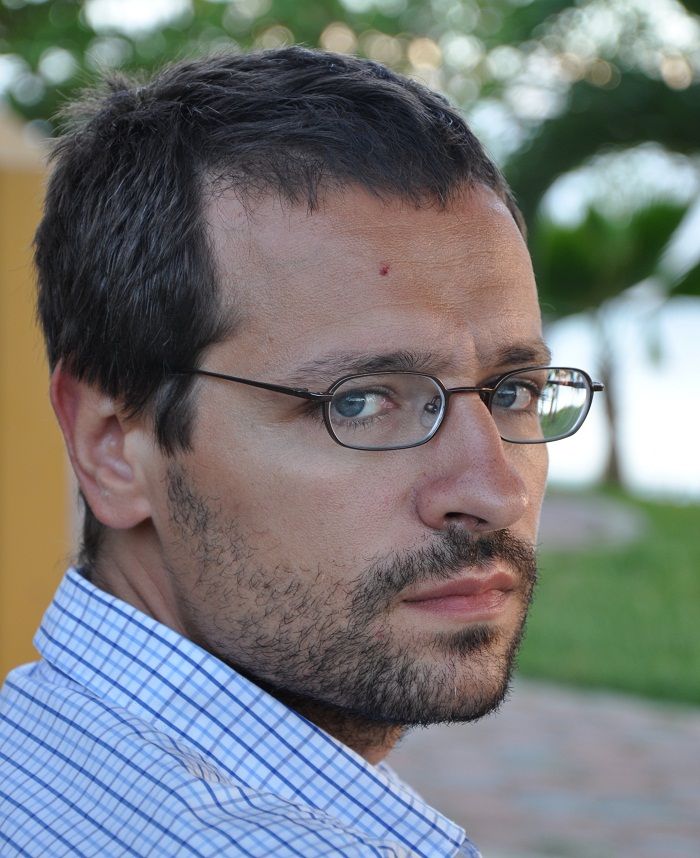Romanian business owner in the US: We survived the crash and doubled revenues afterwards

 Young Romanian entrepreneur Radu Rosu started his IT&C company in the US ten years ago, in the aftermath of the 9/11 tragic events. He only needed USD 175 to get the firm off the ground. Eloquentix, the firm he started, needed just two months to become profitable. The 2008-2009 crash caught it in a good position, but still wiped off 75 percent of its revenues in just nine months. Nine more months after that, it saw an 'incredible rebound', Rosu says in an interview for Romania-Insider.com.
Young Romanian entrepreneur Radu Rosu started his IT&C company in the US ten years ago, in the aftermath of the 9/11 tragic events. He only needed USD 175 to get the firm off the ground. Eloquentix, the firm he started, needed just two months to become profitable. The 2008-2009 crash caught it in a good position, but still wiped off 75 percent of its revenues in just nine months. Nine more months after that, it saw an 'incredible rebound', Rosu says in an interview for Romania-Insider.com.
By Corina Saceanu
With seven ongoing projects, Eloquentix works with 25 programmers in several countries, and most of them are Romanian. But the firm is based in the US. Why has Rosu decided to set up the firm in the US, rather than in Romania? “The decision makers from all of our clients say that being able to get to someone here, that can come into their office on short notice and talk to them is key. Even if I am not involved day to day in some projects, everyone knows I am here and they place value on that. Being in Romania I could not do that,” he says. “Being in Romania would make it easier to find the right people, yet even that is a double edged sword, the developers enjoy that I am not there every day bugging them,” Rosu tells Romania-Insider.com.
Eloquentix had a 30 percent year-on-year increase over the last five years, in terms of revenues, says Rosu, who does not disclose the actual numbers. But he expects a similar pace of growth for the future. “Our clients are growing at start-up speed, we are always there as an option so if they grow, we grow. All this means that I expect to continue to see 20-30 percent year-over-year growth,” he goes on.
The company's employees are spread among several locations, which triggers Radu Rosu's biggest challenge of keeping a personal relationship with each team member. “My trips to the offices in Romania are always frustratingly intense. In a few days we need to communicate what would regularly take months. Debates can get heated and stress can be high. So what I must do when I am not there is do my best to make sure everyone has what they need to do their job, being at a distance, this is very time consuming,” he says.
The company now works on seven projects: Shoeboxed, ReverbNation, XS, Nextlot, Transloc, OnPagePromotions, MD Anderson. The biggest of them brings 20 percent of the firm's revenues, the smallest, under 5 percent.
It hasn't always been rosy. In the tough economic period of 2008, the firm lost 75 percent of its revenues in nine months. But it managed to survive and even go from reaching the bottom to boom, with revenues twice as high after the crash. “One, we knew it was coming. […] Two: we were structured for fails, we always made sure we had more work then we could handle. So part of the fall in projects/revenue could be absorbed easily. Three: Good relationships with our partners,” says Rosu.
The result was an incredible rebound. “Nine months after we hit the bottom, we had three new clients, our revenue was twice the revenue before the crash,” Rosu says.
Corina Saceanu, corina@romania-insider.com
(photo source: Radu Rosu)












